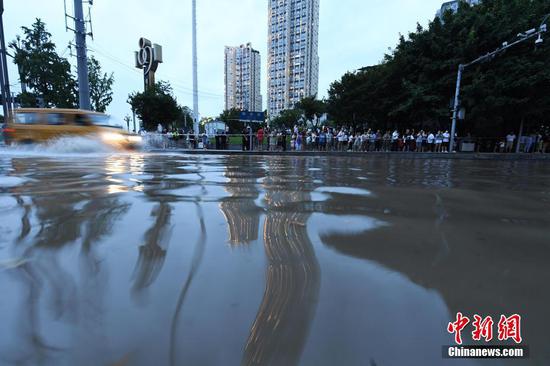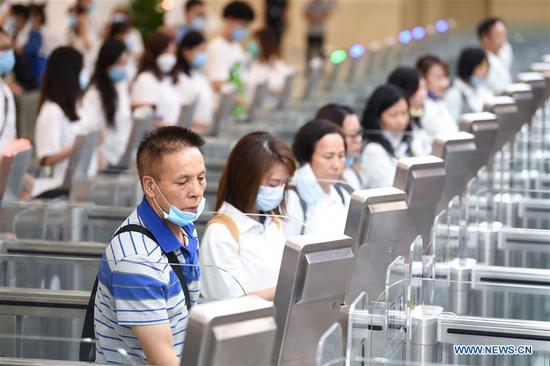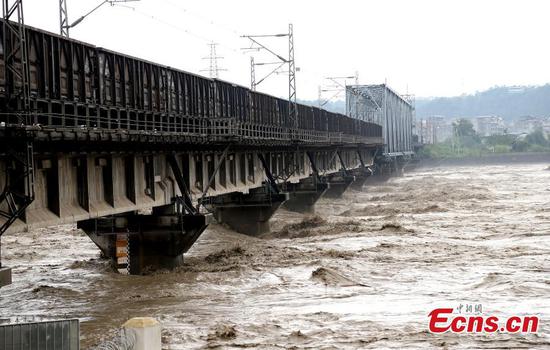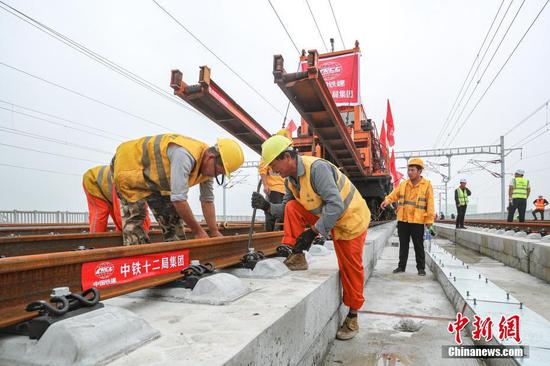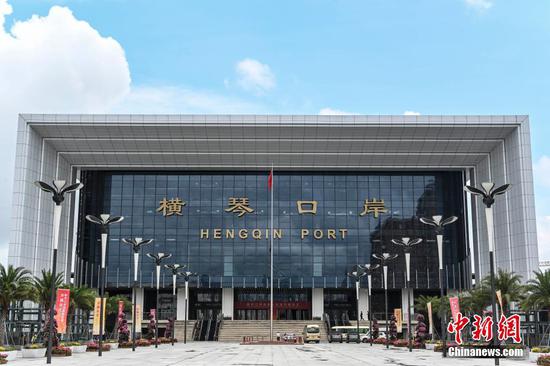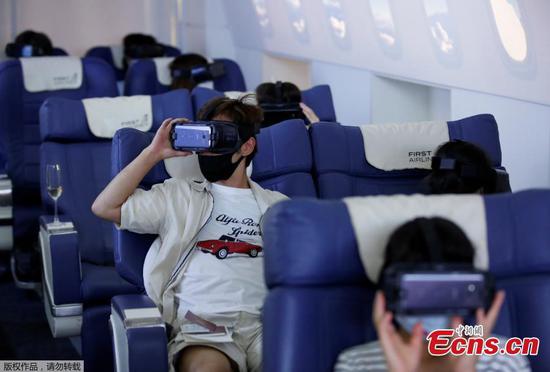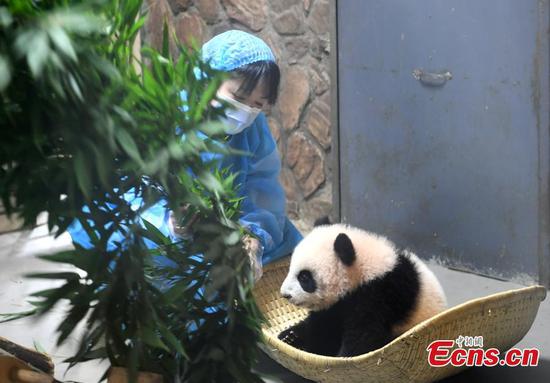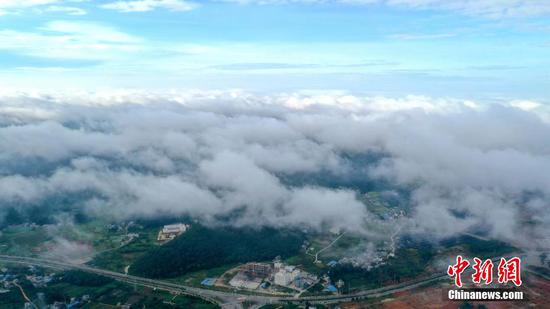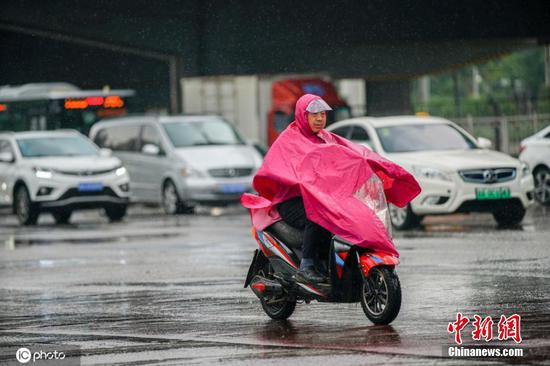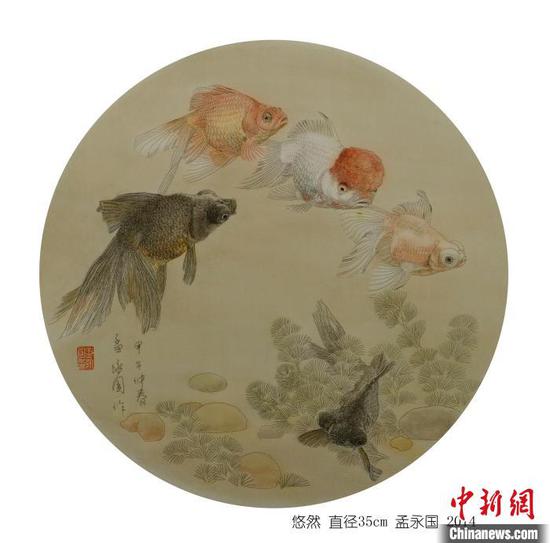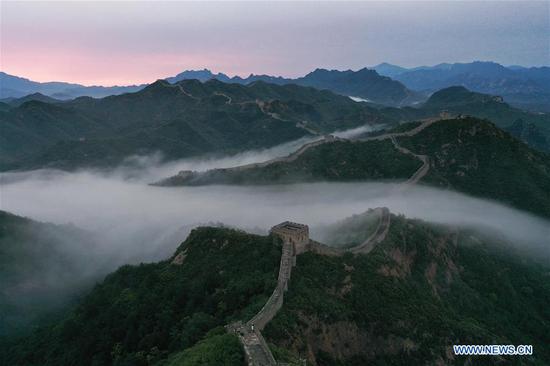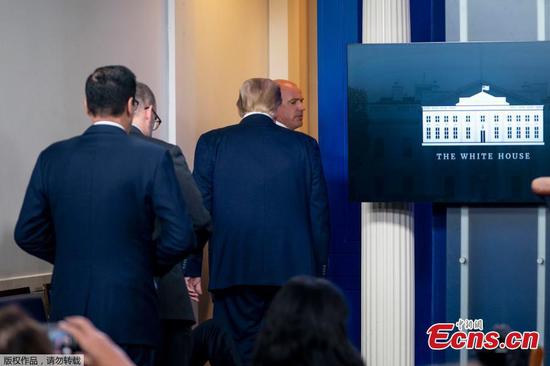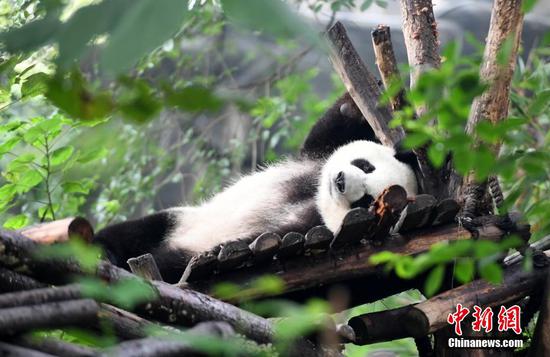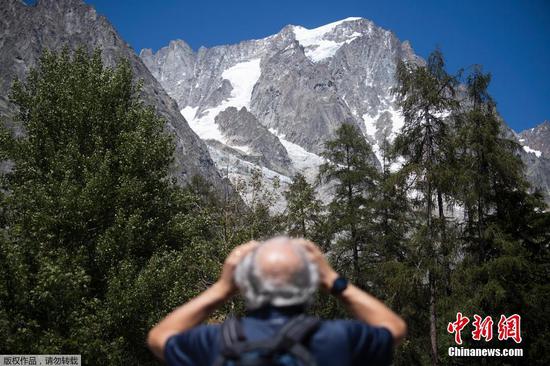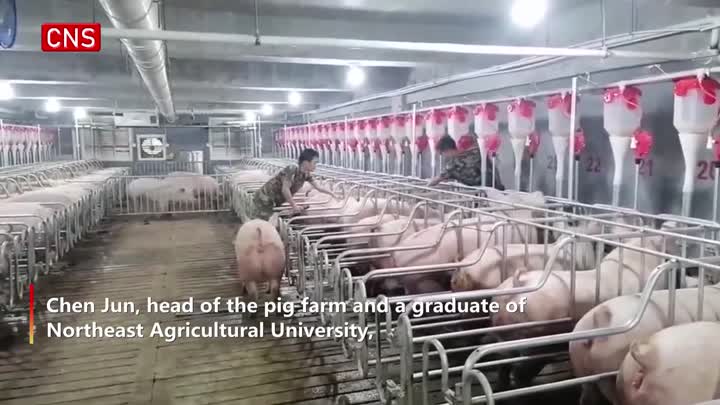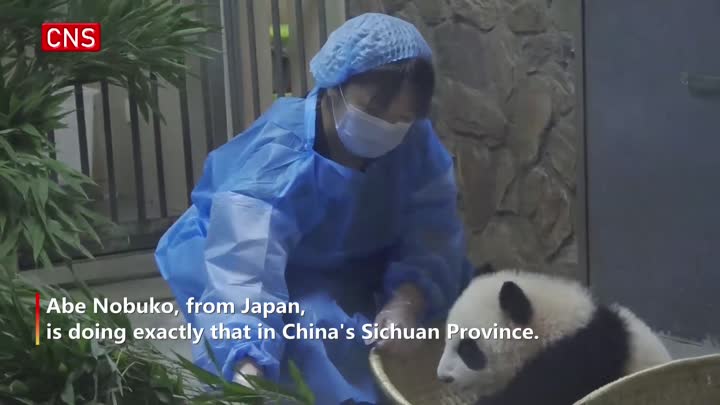Chinese Ambassador to the U.S. Cui Tiankai delivered a keynote speech about China-US relations at a webinar with Brookings Institutions on August 13. He discussed the history, present and future of the international relations between the two countries and called for stronger cooperation with mutual understanding and respect to help build "post-pandemic" world order and global governance system.
Here is the full text:
Thank you, President Allen, for inviting me to this webinar. I also want to thank the Brookings Institution for its long-term support for the development of the China-US relationship.
Last week, General Brent Scowcroft, former US National Security Advisor to the President, passed away, by which we are truly saddened. For many years, we have been lucky to have brave and wise statesmen, like the General, who helped guide the China-US relationship through the turbulent years. They are a source of inspiration and strength for us in the midst of fundamental changes in the international landscape. They have galvanized us into working even harder to move forward the relationship on the right track.
Today, the China-US relationship is going in the wrong direction, described by some as in a "free fall". Over the years, it has never been short of problems and difficulties, but alarmingly, there are attempts now to negate what has been built up so painstakingly by generations of Chinese and Americans over the decades and to deliberately push our two countries into conflict and confrontation. All these are happening in the context of the raging pandemic and the consequently flagging global economy. They are happening when international cooperation is urgently needed, especially between major countries, and this situation is greatly hindering our cooperation. The deterioration of China-US relations also undermines people's confidence in the global economy, with serious consequences for both countries and the world.
Some people here and elsewhere are obsessed with great-power competition and strategic rivalry. But if we have a close look at the three major international crises in the 21st century, namely, the "9.11" terrorist attack, the global financial crisis and the current pandemic, they are all of a strategic nature, but not in the traditional sense of the word. None of them could be resolved with the tool box of great-power competition. The world has changed. It is natural for major countries to have differences and even competition, but they do not justify confrontation. Today, what pushes major countries to cooperate far outweighs what drives them apart. Stigmatization will not make anybody great. Ideological crusades will not solve any problem in today's world and is doomed to fail.
Maybe some believe that driving up confrontation could slow down and contain China's development, and even bring about a regime change. This is nothing but wishful thinking. History has proved time and again that external pressure will only lead to greater unity of the Chinese people, stronger cohesion of the Chinese society and better resilience of the Chinese economy. Some people like the term "cold war" so much, maybe bolstered by their victory in the Cold War. But they should not forget the prices the world paid for it in a span of some four decades, not to mention the bitter costs the United States and other countries paid in the two hot wars, i.e. the Korean War and the Vietnam War, which were fought during the Cold War. We should not allow the history to repeat itself. If the negative trend of China-US relations is allowed to continue, China might have to face more difficulties and challenges. But the initiators of the so-called "New Cold War" must weigh the costs they have to pay and the consequences for the world. For whom the bell tolls, there will be a day of reckoning.
At present, the fundamental question for the China-US relationship is: as China has deeply integrated itself into the current international system, is the United States ready to accommodate China and live with a country with a different history, culture and system? It's fair to say that, with the normalization of bilateral relations and the establishment of diplomatic ties, China and the United States already made their choice, i.e. we need to live in peace, strive for co-evolution, properly manage our differences, expand cooperation, and build a comprehensive, stable and constructive relationship. I hope people will not try to negate all this and let the relationship go down a very dangerous path.
China has been an active participant, supporter and contributor of the current international system. Meanwhile, as a major country with an ancient civilization, China's integration would inevitably bring changes to the international system, which needs to make adjustments accordingly. This is only logical and natural, like a kind of chemical reaction. Yet our intention is not to have a revolution or start up an entirely new system. While China has been trying to integrate into and adjust to the international system, we do hope the system could make necessary reforms in light of the varying circumstances. Will the United State be ready to work with China and other countries to ensure that the international order and global system will meet the needs of the entire international community, and address various global risks and challenges? Or instead, will the US remain obsessed with zero-sum game and major-power competition, let the situation spiral out of control and fall into the "Thucydides Trap"? This is a fundamental choice the United States has to make.
The "post-pandemic world" may provide a good opportunity for China and the United States to cooperate. It will be a very different world. Technological progress and other factors will lead to restructuring of the global economy and the supply chain. There will even be some changes in the guiding economic philosophy, and greater priority will be given to social issues like public health and contagious diseases. A new situation presses for better international macroeconomic policy coordination and reform of the global governance system, especially in social sectors such as public health. Facing this major task and severe challenge, China and United States should make the right choice, on the basis of mutual understanding and respect, play a positive role for a "post-pandemic" world order and global governance system, and build a more forward-looking, stronger and more stable relationship between our two great countries.
China remains committed to working with the United States to overcome the difficulties and build a future-oriented relationship based on coordination, cooperation and stability. Lately there have been official statements from Beijing with this clear message. Mr. Yang Jiechi, Member of the Political Bureau of the Communist Party of China (CPC) Central Committee and Director of the Office of the Central Commission for Foreign Affairs, published a comprehensive article, elaborating his views on the China-US relationship from a historical perspective. State Counselor and Foreign Minister Wang Yi and other senior officials reiterated China’s commitment to the healthy development of China-US relations in their speeches and interviews. We look forward to positive responses from the US side.
Maybe some people believe that China is just waiting for the result of the US presidential election in November. Let me make it very clear here, we are not waiting for anything, and we are never willing to waste time in waiting. Besides, American domestic dynamics is well beyond what we can predict or influence. We have no intention or interest to get involved. During his visit to China almost 50 years ago, President Richard Nixon cited Chairman Mao's poem, "We should seize the day, seize the hour". Today we still need to seize the day, seize the hour. We are ready to work with the current administration to search for solutions to existing problems anytime anywhere, even today or tomorrow. I just hope that they will free themselves from the panic and paranoid, which is costing them common sense in such a shocking way.
People from all walks of life in China and the United States should stay guarded against vicious attempts to push the bilateral relationship to confrontation and conflict. We should firmly resist any resurgence of McCarthyism, and expand two-way exchanges and cooperation, so as to get the China-US relationship back to the right track as soon as possible.









